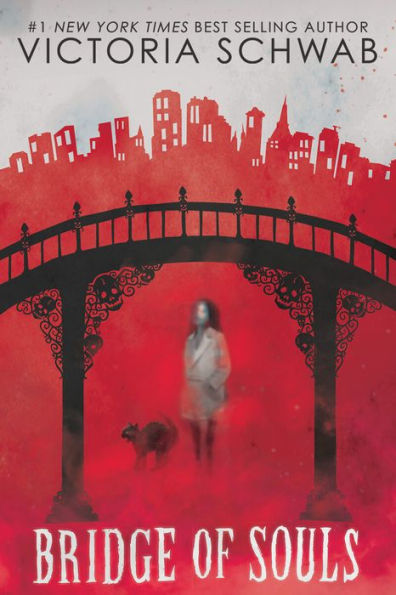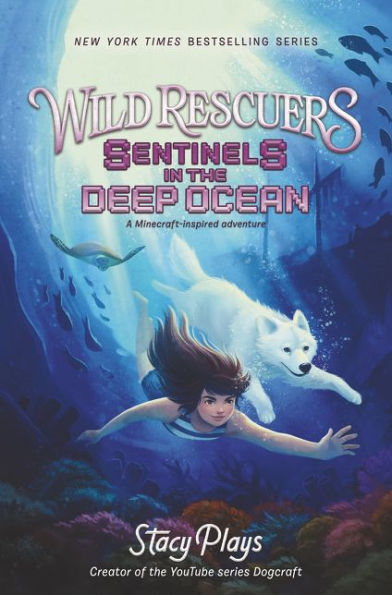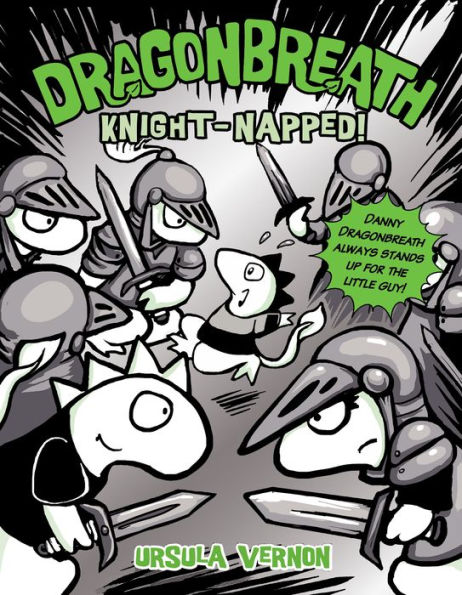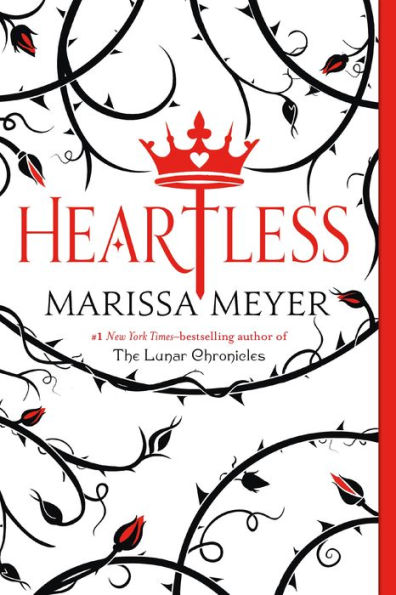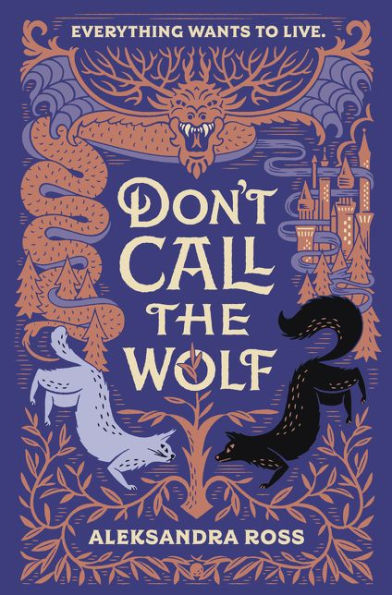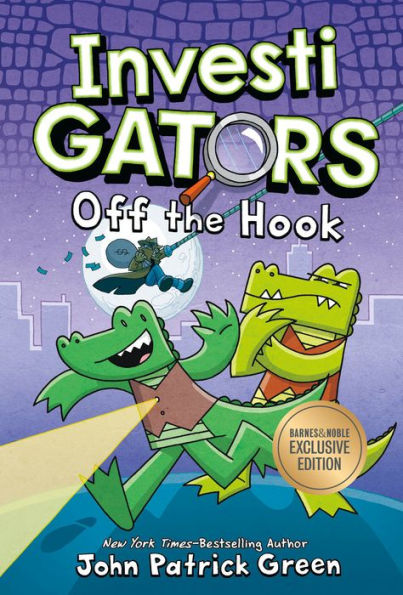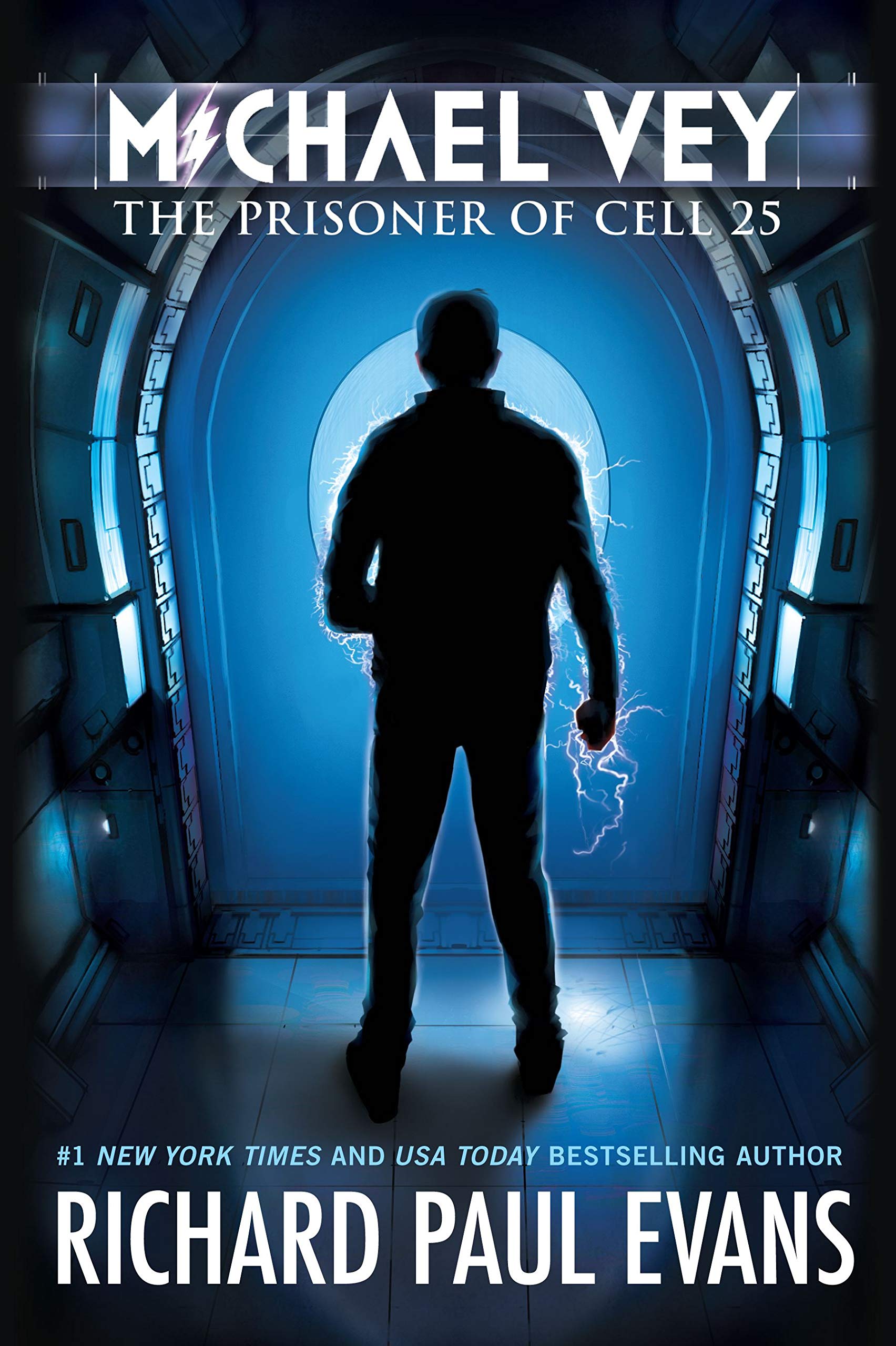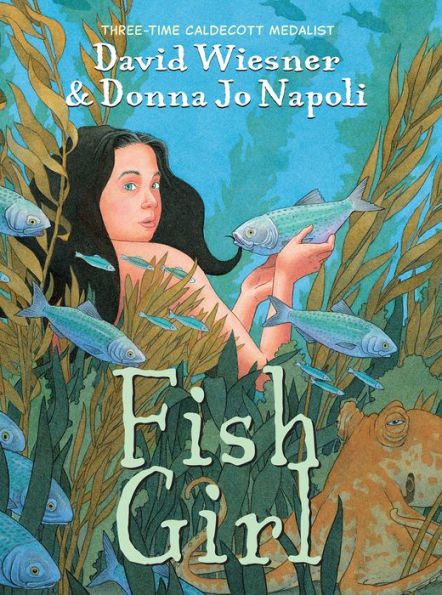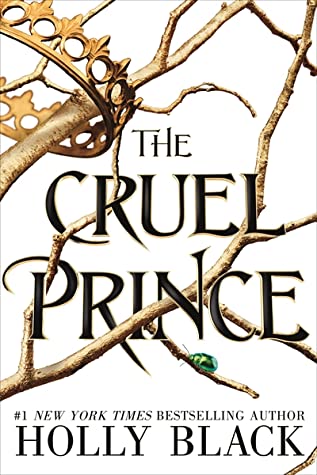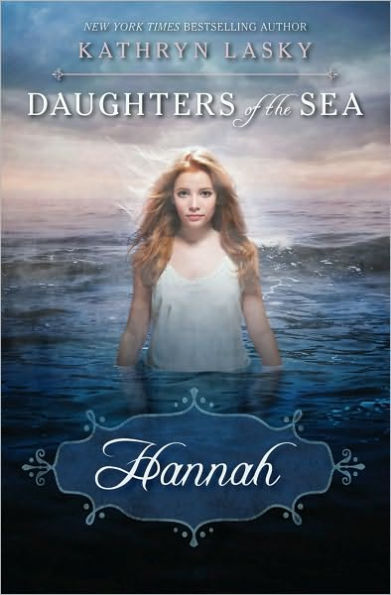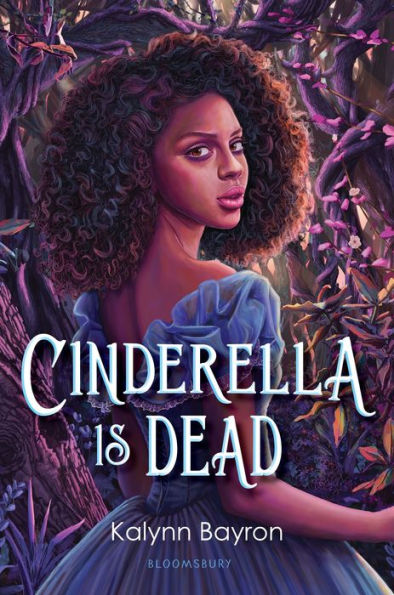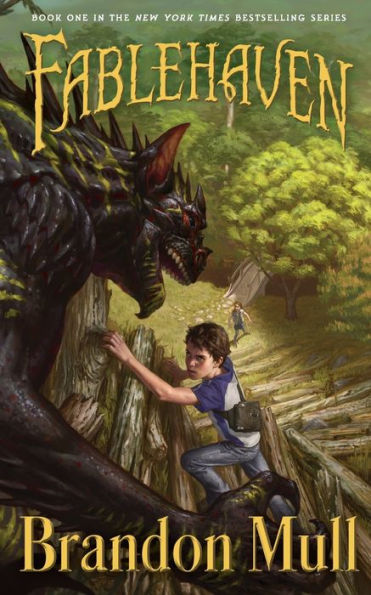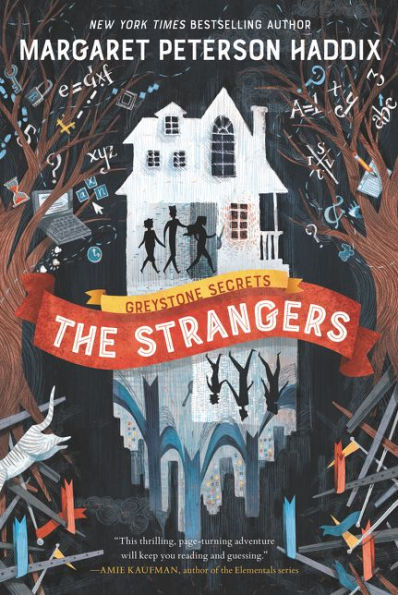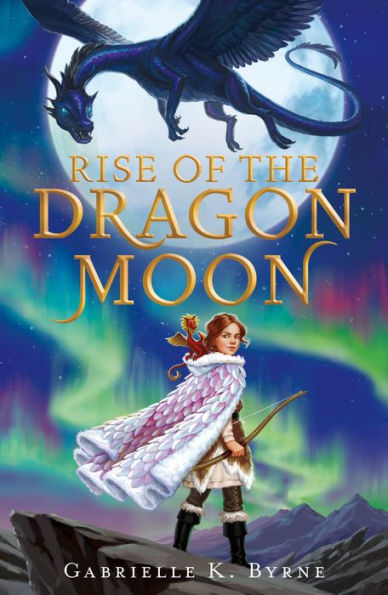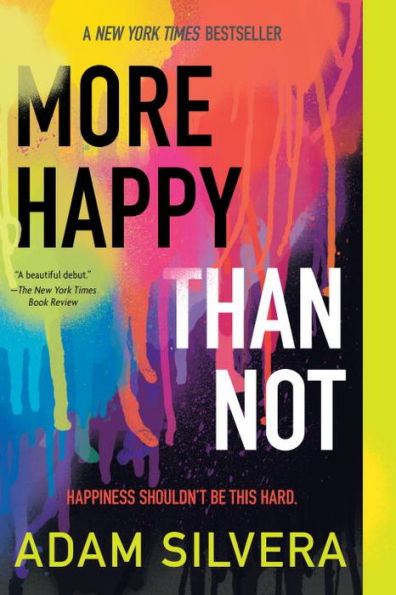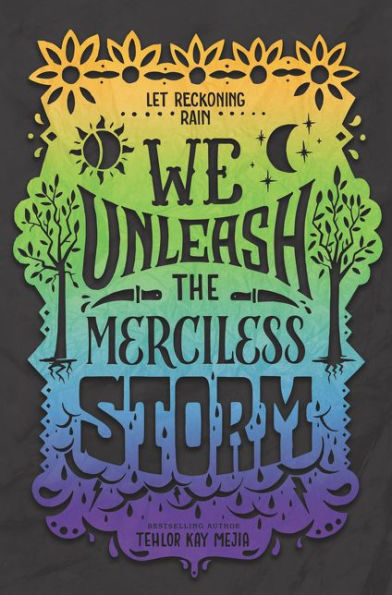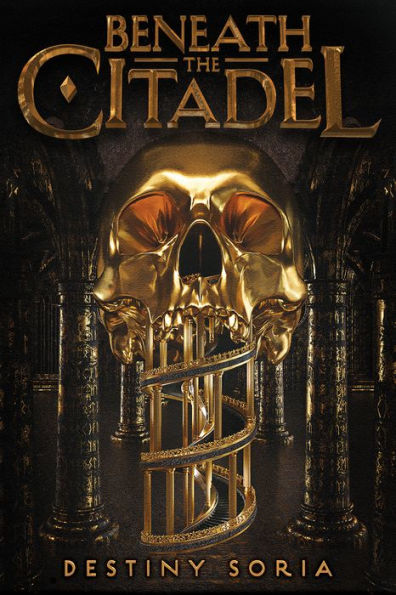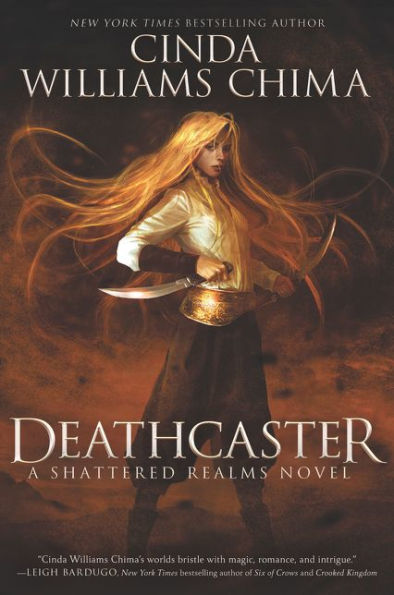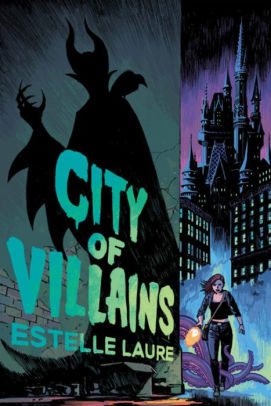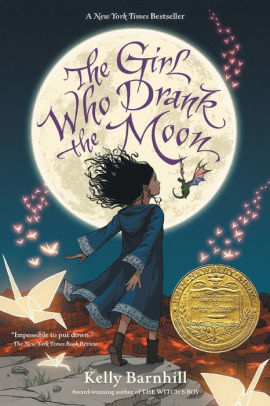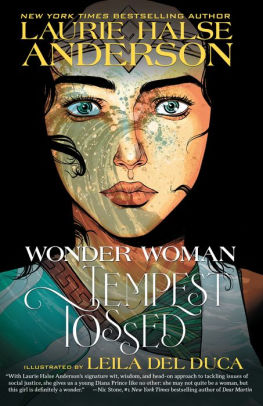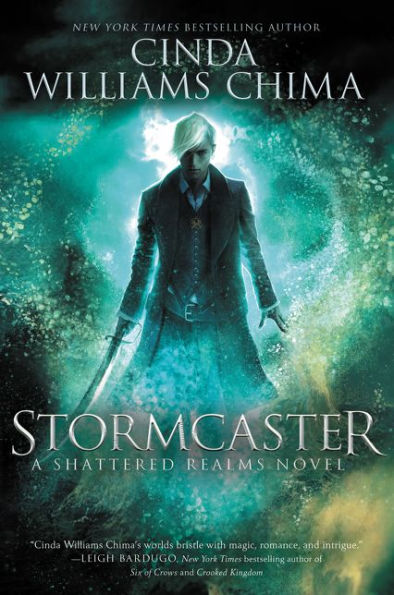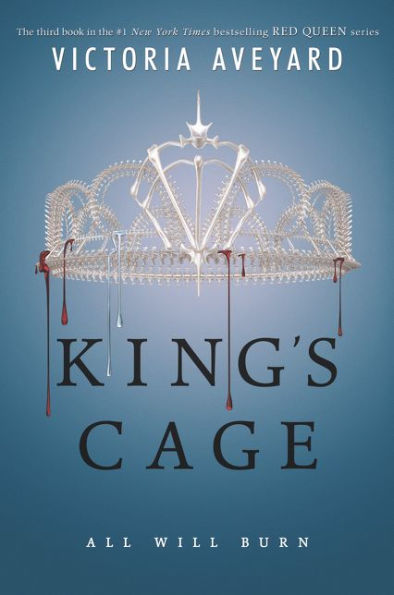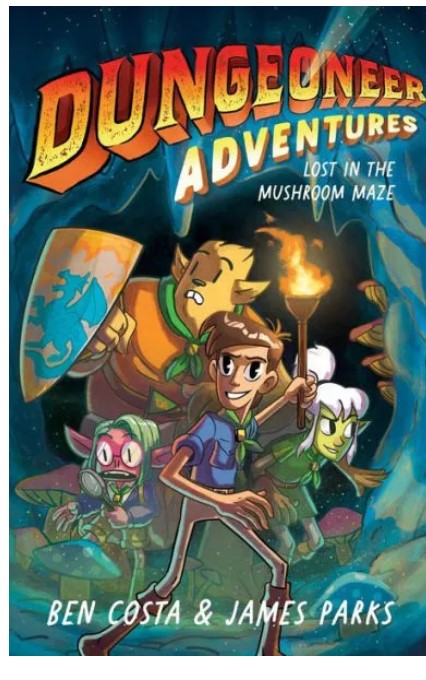Where there are ghosts, Cassidy Blake follows . . . Unless it’s the other way around?
Cassidy thinks she might have this ghost-hunting thing down. After all, she and her ghost best friend, Jacob, have survived two haunted cities while traveling for her parents’ TV show. But nothing can prepare Cassidy for New Orleans, a city bursting with old magic, secret societies, and scary seances. And the biggest surprise? An enemy Cass never expected to face: a messenger of death itself. Is Cassidy up to the challenge—and what will she have to lose in order to win?
Readers of City of Ghost and Tunnel of Bones will be eager to follow Cassidy on her new and suspenseful adventure. The Bridge of Souls takes on a more dangerous tone because Cassidy is being hunted by the Emissary, the messenger of death. Plus, Cassidy’s parents talk about historical ghosts who were serial killers. While the story never goes into gory details, the content may give some readers nightmares.
Since each book in the series takes place in a new city, new characters are introduced that help keep the story interesting. Jacob and Lara are central figures that reappear in each book; this allows readers to connect with them. The high-stakes action makes the danger more intense because the Emissary is looking for those who have cheated death—such as Jacob, Lara, and Cassidy. The growing friendship between Cassidy, Jacob, and Lara is one of the best parts of the book and the interplay between the three friends is at times humorous and endearing, which balances out the spooky-scary suspense.
Bridge of Souls will delight readers who love a good ghost story full of adventure, danger, and plot twists. The easy-to-read story will keep readers up late into the night because they will not be able to put the book down. Full of new characters, faithful friends, and paranormal experiences, Bridge of Souls takes readers on a spectacularly spooky trip through New Orleans. Readers who want more ghostly action should add the Shadow School Series by J.A. White to their reading list.
Sexual Content
- None
Violence
- Cassidy’s parents are filming a show about famous ghosts. While filming, Cassidy’s Mom talks about “the Axeman of New Orleans, who went around chopping people up. . . terrorized the city. He was a serial killer.”
- Cassidy’s mom says, “a man named Pierre Jourdan bought this property and erected the mansion of his dreams, only to lose the estate in a poker game. Devastated, Jourdan took his own life. . .”
- When Cassidy goes into the Veil, Pierre Jourdan “reaches for my life, and he might have gotten there first if a bucket of poker chips hadn’t hit him in the side of the head. Jacob has excellent aim.”
- Cassidy learns about LaLaurie, who “stands out for the sheer scope of her cruelty.” When her house caught on fire, everyone got out “or so they thought. And yet, there were voices coming from the burning house. . . LaLaurie had kept slaves locked in the attic. . . They had no way to escape.”
- When the Emissary finds Cassidy, “Thick black ropes shoot up from the ground, reaching for us, wrapping around our ankles and wrist. . .I [Cassidy] stumble and fall, hitting the bridge hard. . . [Lara] is on the ground, too, fighting as half a dozen ropes try to pin her down. . . .”
- Jacob tries to help his friends and “lets out a primal shout and flings himself forward at the Emissary. . . He slams into the skull-faced figure, pushing him back. . . Jacob slams his hands against the Emissary’s chest, but this time, instead of stepping back, the Emissary holds its ground, and Jacob’s fist sinks into its front, like quicksand.”
- When the Emissary has Jacob, Cassidy swings her camera “right at the Emissary’s head. It hits the bone mask with a sound like metal on stone, like breaking pottery. The Emissary loses its hold on Jacob.” Eventually, the Emissary is pushed over the edge of a bridge. The scene is described over 11 pages.
Drugs and Alcohol
- While in the Veil, a ghost tells Cassidy that another ghost, Sam, is “probably drinking gin and listening to jazz in the square.”
Language
- After Cassidy’s mom tells a ghost story, someone says, “Oh my god!”
Supernatural
- Cassidy goes into the Veil and sees ghosts who have not moved on. In order to help ghosts move on, Cassidy shows them their reflection in a mirror and says, “Look and listen. See and know. This is what you are.” Then she pulls out their thread of life.
- Jacob is Cassidy’s “best friend, resident ghost, and constant eavesdropper.” Jacob can hear Cassidy’s thoughts.
- One of the characters has tattoos such as “the Christian cross on his bicep, the Egyptian eye on his forearm, the pentacle near his elbow. . .” He has these tattoos for “protection” against ghosts.
- An Emissary is looking for Cassidy. Emissaries are messengers of death. “They’re sent out into the world to hunt for people beyond the Veil. They’re sent out into the world to hunt for people who’ve crossed the line, and come back.”
- During a séance, a messenger of death takes over a man’s body and gives Cassidy a warning: “We have seen you, little thief. . . But now you cannot hide. We have seen you. And we will find you.”
- A fortune teller reads a tarot card and uses it to predict Cassidy’s future. While picking a card Cassidy felt, “a pull, right under my fingers. And then my hand stops. There’s a pull, right under my palm, a steady draw, like the Veil rising to meet my fingers.”
- Cassidy wants to know if voodoo is real. She is told, “Voodoo isn’t just about lighting a candle, or buying a trinket. It’s a trade. A matter of give and take. Nothing gained without something sacrificed.”
- The Emissary finds Cassidy, and Jacob tries to save her. Jacob flings “himself at the Emissary. But Jacob goes straight through and hits the ground on the other side. He collapses, shivering as if doused in old water.” Another friend pushes over an old crypt. “It doesn’t crush the Emissary, exactly. . .But the fall kicks up a lot of dust and debris, a thin gray cover.” Everyone is able to escape.
- Philippa is a medium who can see ghosts.
- In order to break the thread connecting Cassidy to the Emissary, Cassidy and her friends perform a ritual. The supplies include: “A handful of stones, to anchor the circle. A ball of white string, to tether me to the living. A bottle of center oil, to purify, and to burn. And a box of long wooden matches, to strike the flame.” The ritual does not work.
- Cassidy is given “an evil eye. It won’t do much to stop an emissary, but it might buy you some time. The charm’s designed to break when someone wishes you ill. It should break when danger is near.”
Spiritual Content
- None
8+ 320 5.0 5 worms AR
